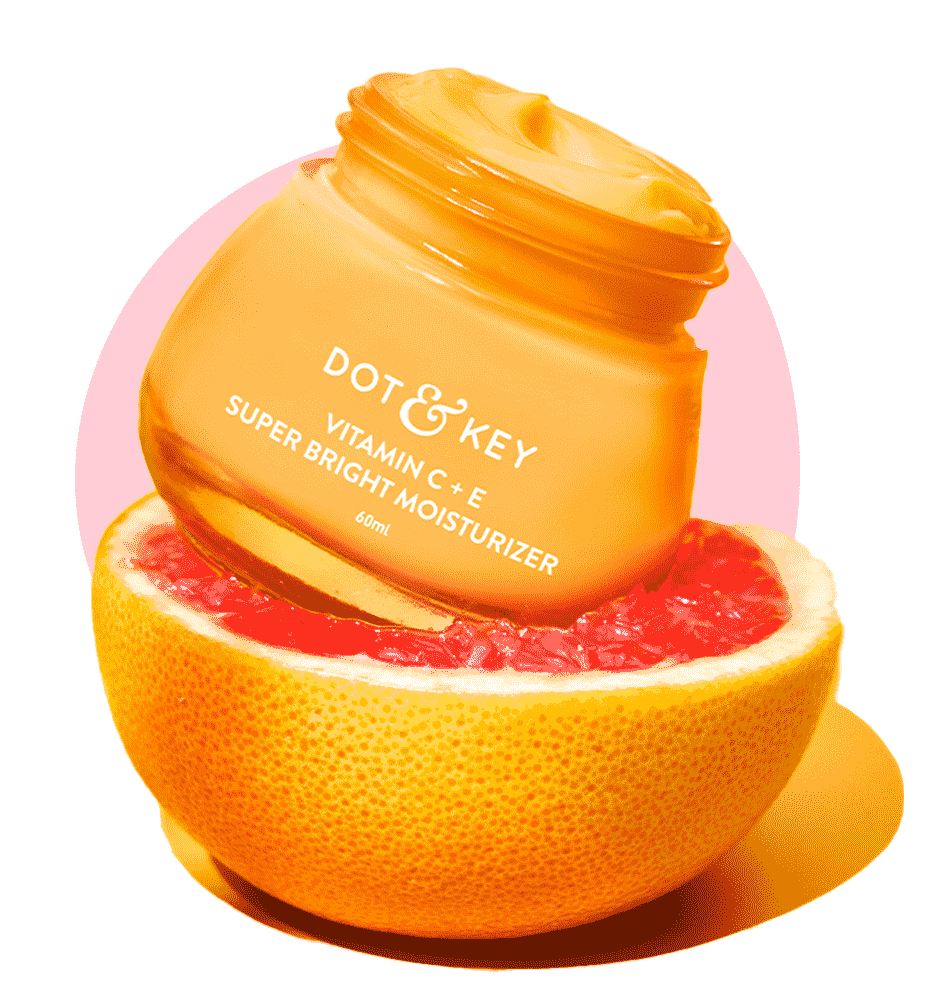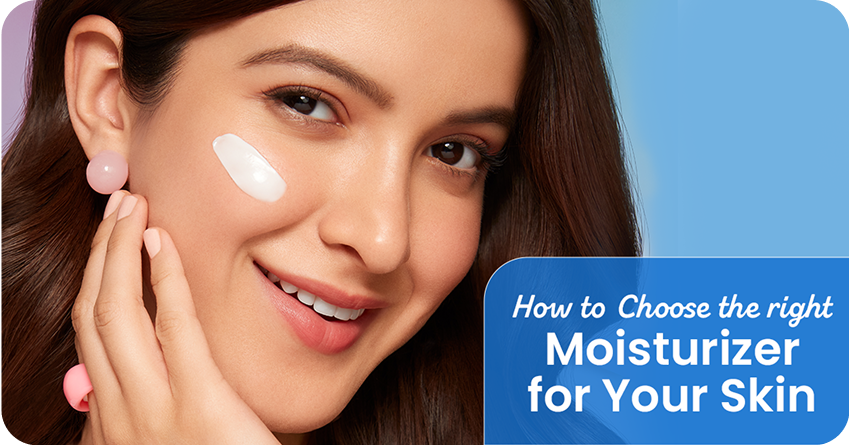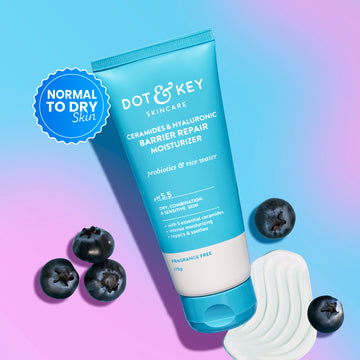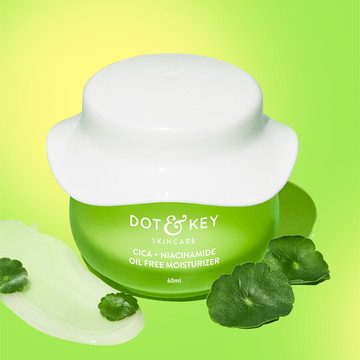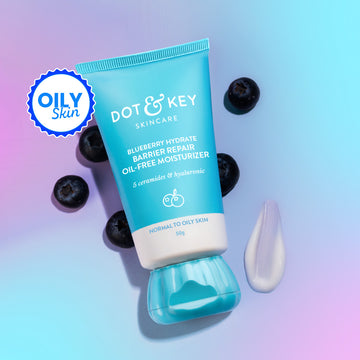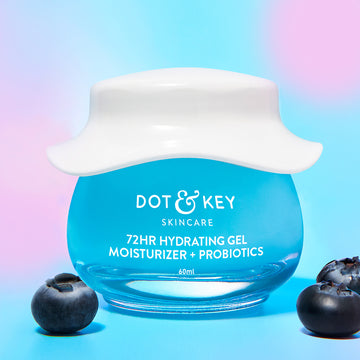Top Picks For You

Vitamin C + E Sunscreen, IN-VIVO Tested SPF 50+ PA++++

Vitamin C + E Moisturizer for Glowing Skin

Watermelon Cooling Sunscreen, IN-VIVO Tested SPF 50+ PA++++

Strawberry Dew Tinted Sunscreen, In-Vivo Tested SPF 50+ PA++++
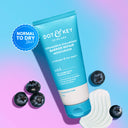
Barrier Repair Moisturizer (Hyaluronic + Ceramides)

Strawberry Bright 10% Niacinamide Face Serum
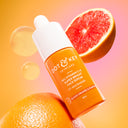
10% Vitamin C + E Face Serum with 5% Niacinamide
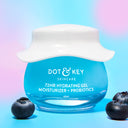
72HR Hydrating Gel Moisturizer + Probiotics
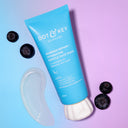
Barrier Repair Gentle Hydrating Face Wash







